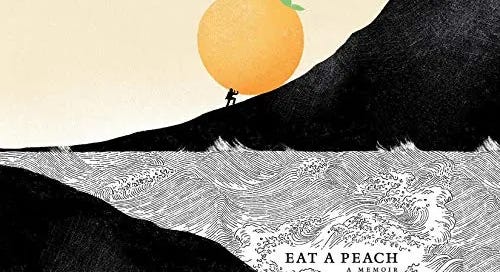Book Review: Eat a Peach by David Chang
Reading a book on the communal dining experience in 2020 was undoubtedly a nostalgic one.
I am a forgetful person, and I often don't remember much about how I felt about a specific book after I just finished reading it and what kind of immediate thoughts came up. I recently learned to write down a few sentences when I mark a book as "read" on my Goodreads page or Douban(豆瓣)for Mandarin books. Sometimes, my intended short reviews get longer as I type on my phone, and Eat a Peach is one of them.
In Eat a Peach, David Chang writes about his childhood growing up as Korean American in Northern Virginia, a place that I am relatively familiar with since I went to college with a lot of friends from this area; his journey discovering his love for food and cooking; his later-on more well-known Momofuku ventures; and his thoughts on cooking, food, and life.
I have heard of David Chang before this book by watching a few episodes of Ugly Delicious, but I did not know too much about him or his whole Momofuku creation. I was on a road trip when I was listening to the audiobook, and I found it enjoyable listening to Chang's own narration of his life story through his voice. His writing and voice show the vulnerability and humility of a highly successful celebrity chef who also honestly writes about his past poor choices, his bipolar disorders, his regrets, his failures, and most importantly, his hard-earned success.
I found his perspectives on cultural appropriation new and thought-provoking, when it comes to food and cooking, although I don't agree with him 100% on this topic. Chang raises important questions on the imbalance between how different types of cuisines are valued by North American consumers, both financially and culturally: Why are most people willing to pay $25 for a plate of pasta, but are only to pay no more than $10 for a bowl of Chinese noodles that comes with far more complex ingredients, more stages of cooking, and requires the equal amount of skills, if not more? What does it say about how people in the U.S. value Asian and European cultures differently?
He also offers interesting perspectives on the debate between only cooking traditional/authentic cuisine vs. blending different cuisines to create new ones (i.e., fusion cuisines). And if blending and adapting different cuisines to create new ones is a natural part of human history for the past hundreds of years, then who gets to decide when it's okay to do it again? What determines if a dish is truly authentic or can be called Chinese, Korean, or Japanese? Is it the ingredients or the person who makes them?





